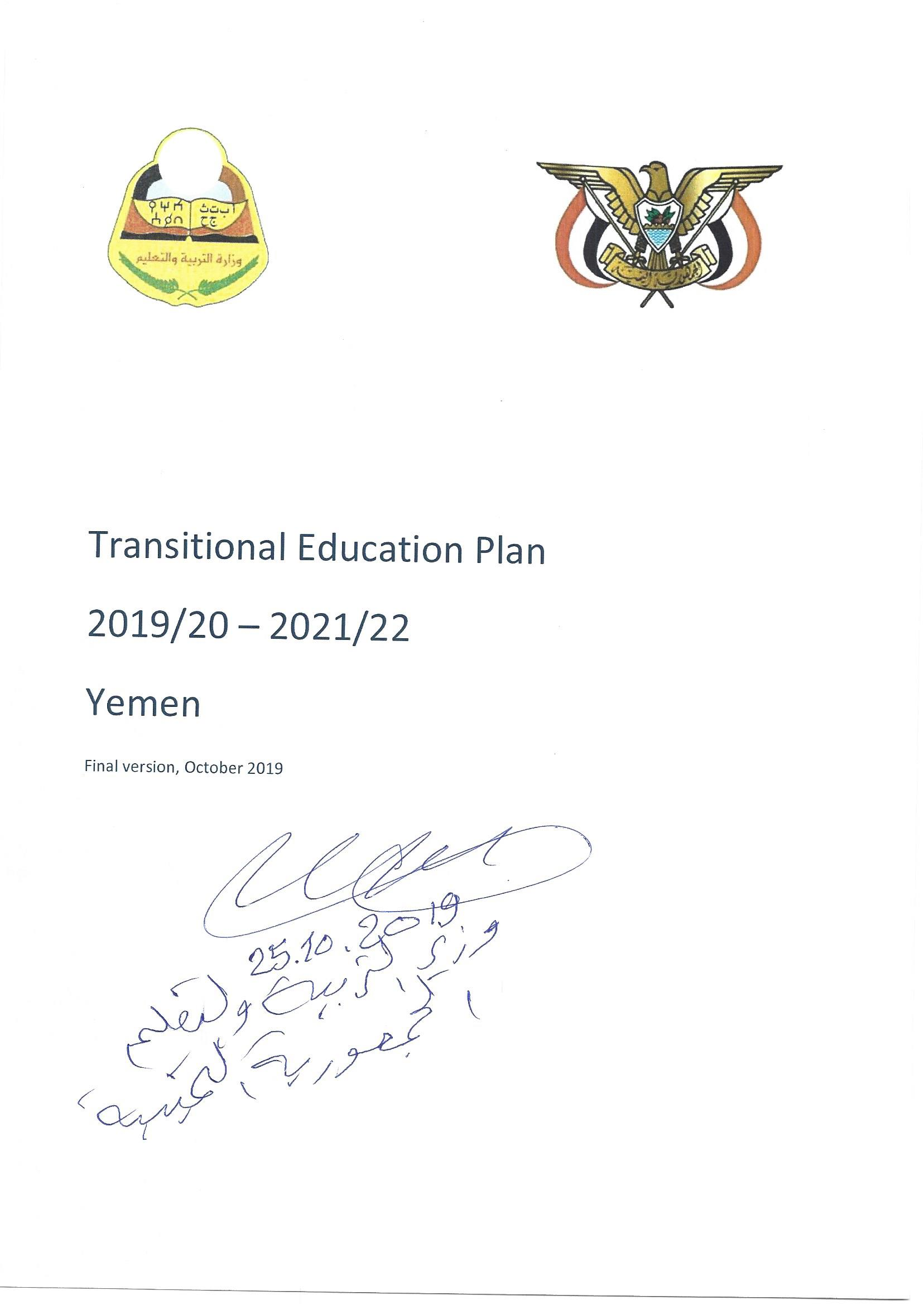Education in Yemen

Partner since:
Total grant support: US$177,567,502
Grant eligibility:
- Multiplier
- Girls' Education Accelerator
- System capacity
- System transformation
Education sector plan
Objective: Address immediate needs; ensure prevention, preparedness and mitigation of risks for children and education personnel; retain some of the past gains and improvements in access to and quality of education.
Coordinating agency: UNESCO, UNESCO Doha Office for Gulf States & Yemen, Doha, Qatar
GPE Team lead: Muhammad Tariq Khan

